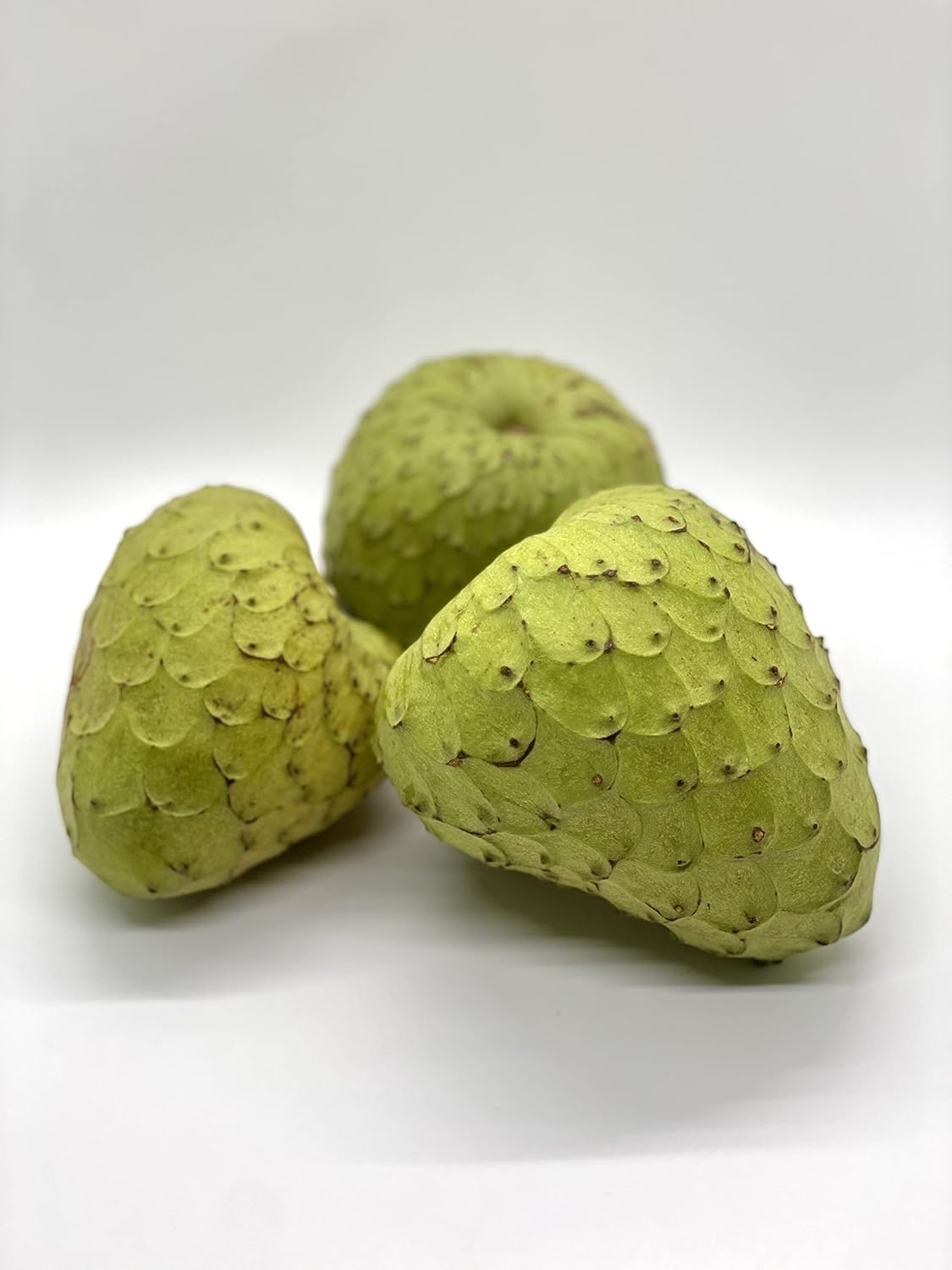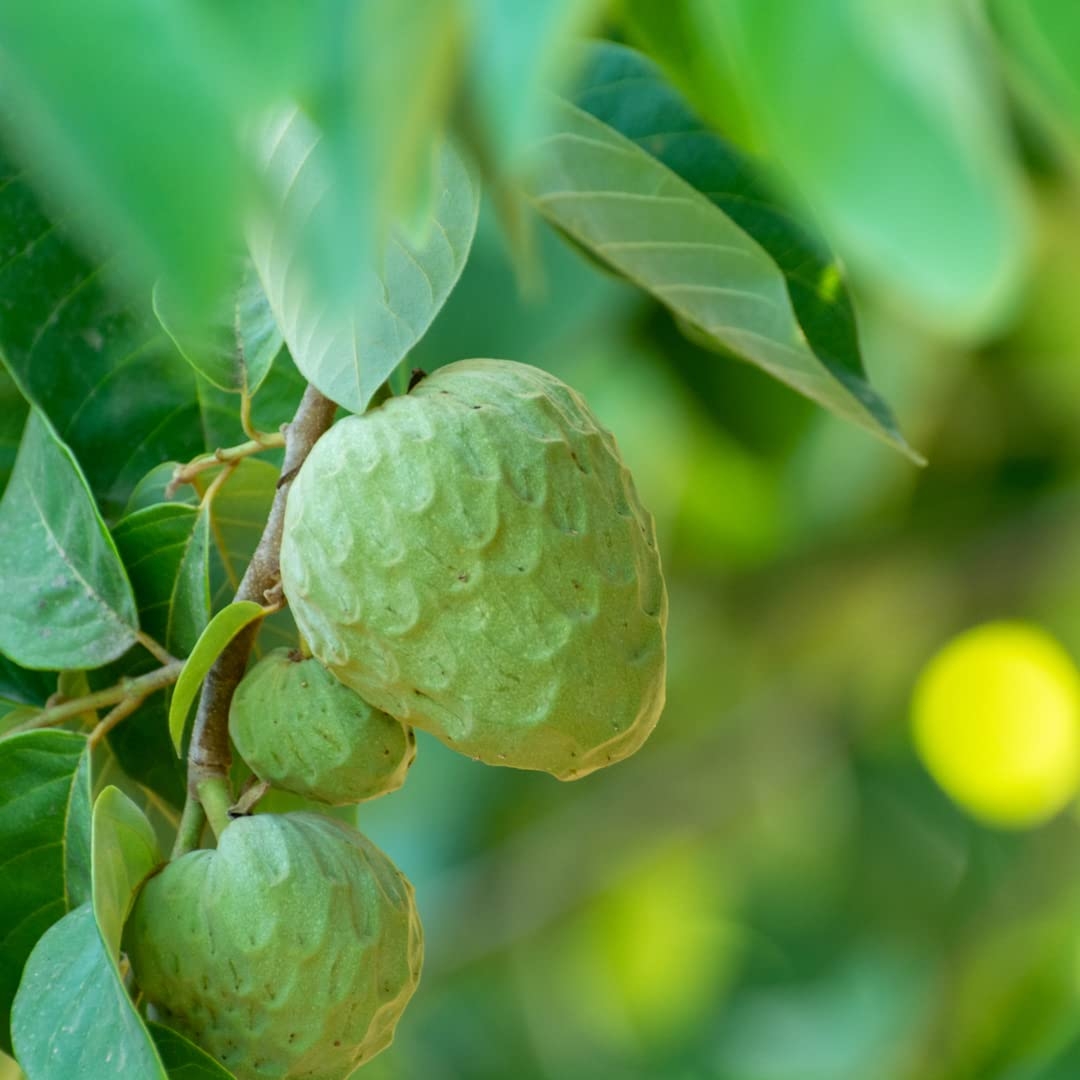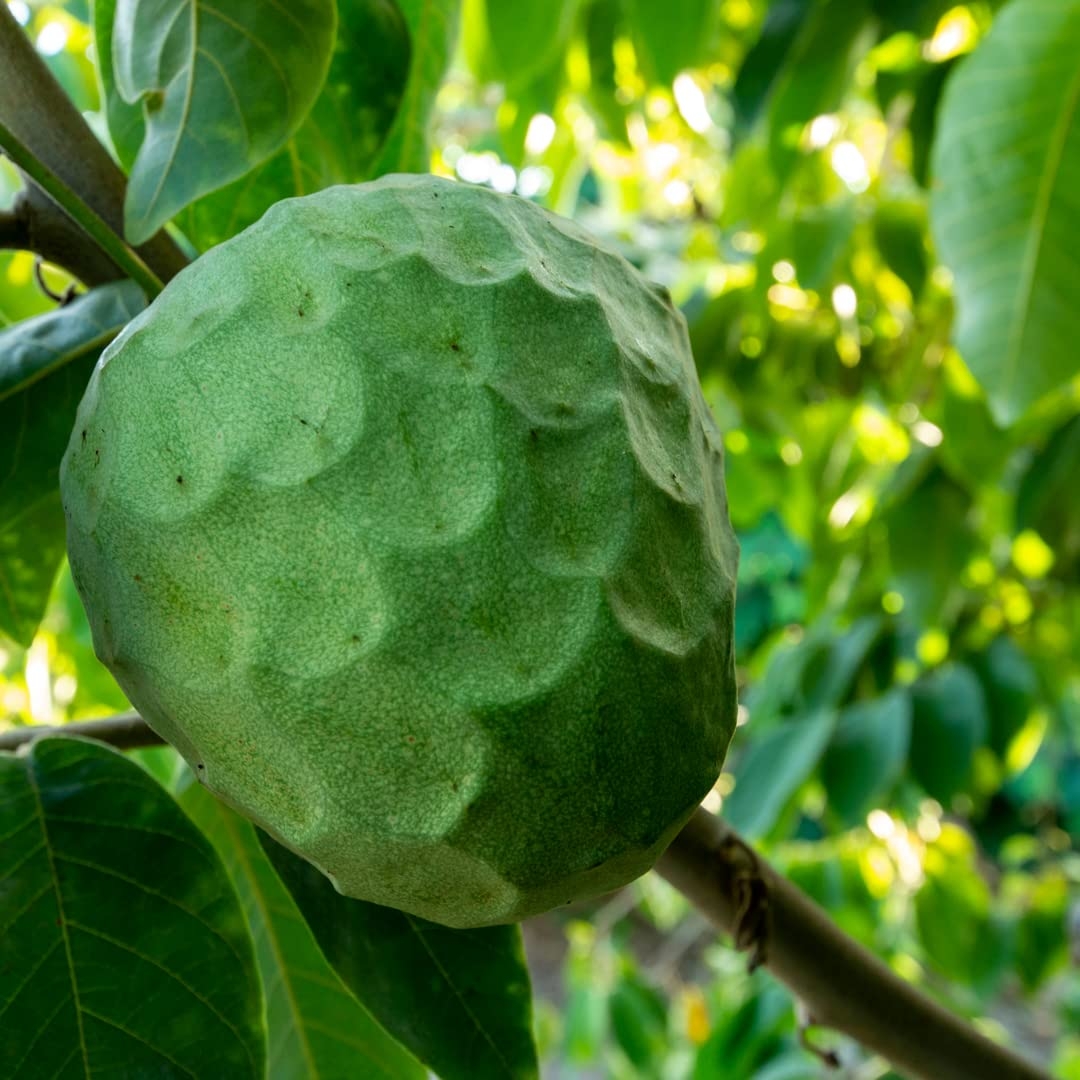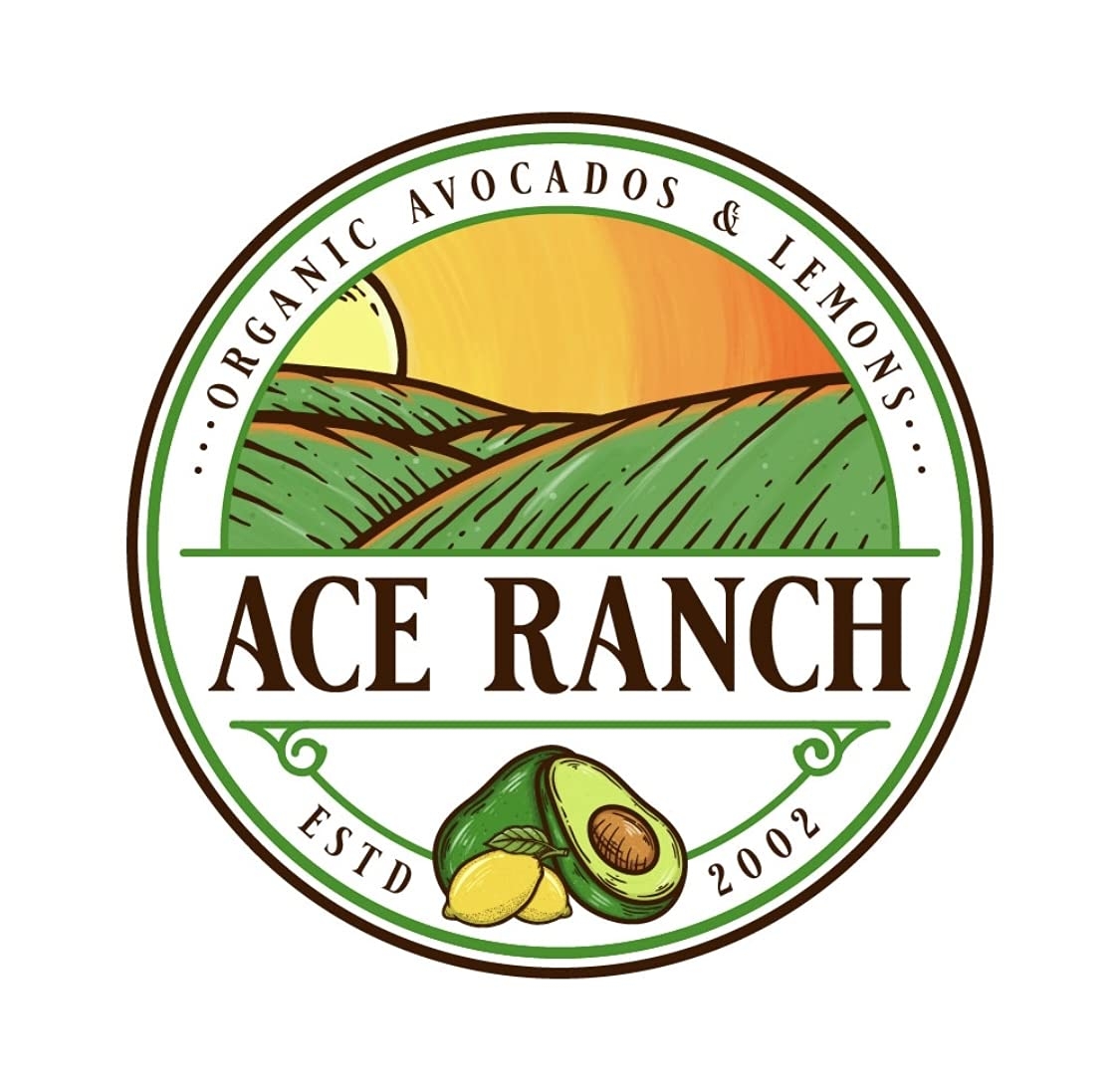- Cherimoya (Annona cherimola) is a green, cone-shaped fruit with leathery skin and creamy, sweet flesh.
- Thought to have originated in the Andes mountains of South America, it’s grown in tropical areas with high altitudes
- Due to its creamy texture, cherimoya is also known as custard apple. It’s often eaten with a spoon and served chilled like custard. Cherimoya has a sweet taste similar to other tropical fruits, such as banana and pineapple
- Rich in fiber, vitamins, and minerals, this unique fruit may support immunity, reduce inflammation, and promote eye and heart health
- Cherimoya is loaded with antioxidants, which fight free radicals in your body. High levels of free radicals can cause oxidative stress, which is associated with many chronic illnesses, including cancer and heart disease
- Certain compounds in cherimoya — including kaurenoic acid, flavonoids, carotenoids, and vitamin C — have powerful antioxidant effects
- One test-tube study found that both the peel and pulp are excellent sources of antioxidants — with compounds in the peel especially effective at preventing oxidative damage
- Cherimoya’s carotenoid antioxidants, such as lutein, may be particularly powerful. Research shows that foods rich in carotenoids may boost eye health and reduce your risk for heart disease and certain cancers












